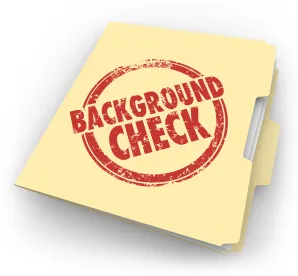North Carolina Governor Roy Cooper recently signed House Bill (HB) 774, which will broaden the situations in which individuals convicted of certain crimes may petition for a “certificate of relief.” HB 774 will help reduce the risks employers may face when hiring persons with criminal convictions. The General Assembly of North Carolina unanimously passed the legislation to expand certificates of relief on June 15, 2018, and the governor signed the bill into law on June 25, 2018.
First recognized in North Carolina in 2011, a certificate of relief is a court order that offers relief from the collateral consequences of a criminal conviction, such as a penalty, disability, or disqualification (for example, a bar on obtaining an occupational license). A certificate of relief may be considered a signal to the public, employers, and other government agencies that its recipient may deserve serious consideration (as an applicant, for example) despite a criminal past. However, the certificate is not an expungement or a pardon.
HB 774 expands the availability of the certificates to individuals who have been convicted of “no more than three Class H or I felonies and any misdemeanors.” The new law also allows multiple convictions of a Class H or I felony “in the same session of court” to be treated as only one felony conviction for purposes of receiving a certificate of relief. North Carolina’s legislation is part of a national trend, as 14 or more states have begun implementing employment practices to assist persons with criminal records.
Significantly, the law insulates employers from liability from most employment-related negligence claims when hiring or retaining a person with a certificate of relief, but only if the employer “relied on” the certificate of relief in hiring or retaining the person. Employers taking advantage of this protection may want to document their reliance on the certificate and maintain a copy of the certificate in the employee’s file. The law also requires an employee hired as a result of the certificate to notify the employer within 10 days of any new conviction or if the certificate is modified or revoked.
HB 774 will be another step towards mutually beneficial solutions for employers and individuals seeking to reverse collateral consequences from criminal convictions.
The act becomes effective December 1, 2018, and applies to petitions filed on or after that date.
Phillip J. Strach is a shareholder in the Raleigh office of Ogletree Deakins.
Nichad Davis is a law student, currently participating in the summer associate program in the Raleigh office of Ogletree Deakins.




 />i
/>i

